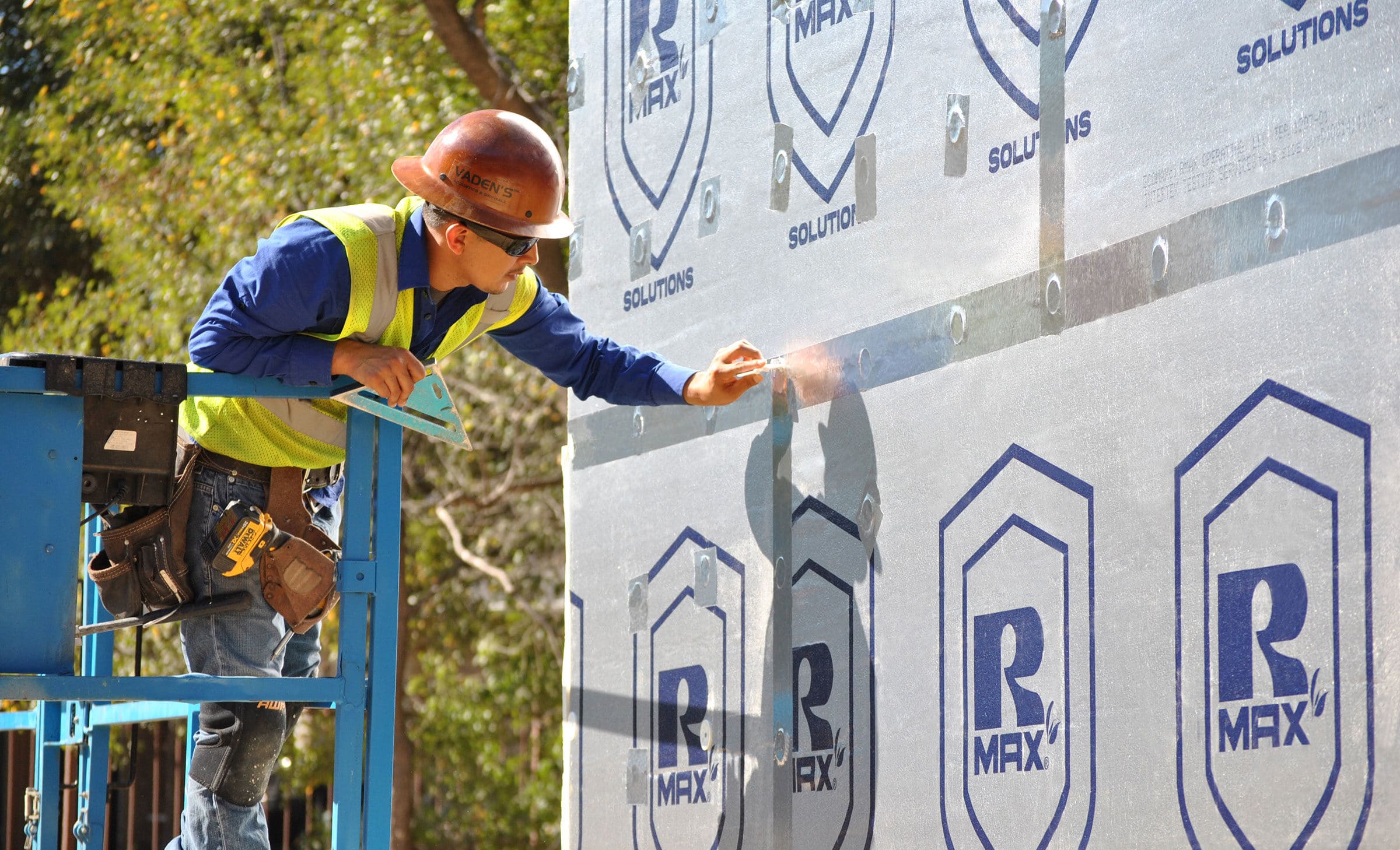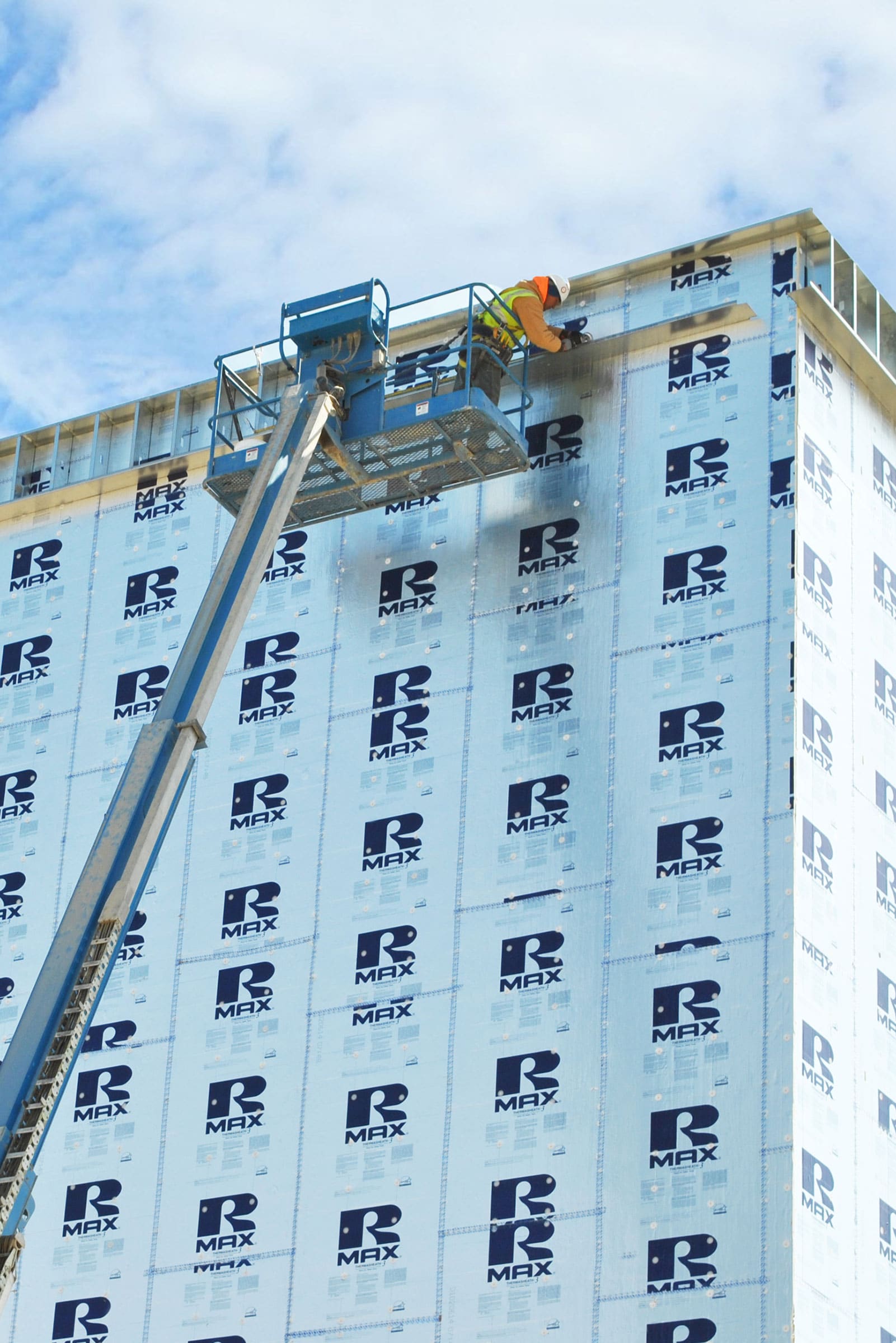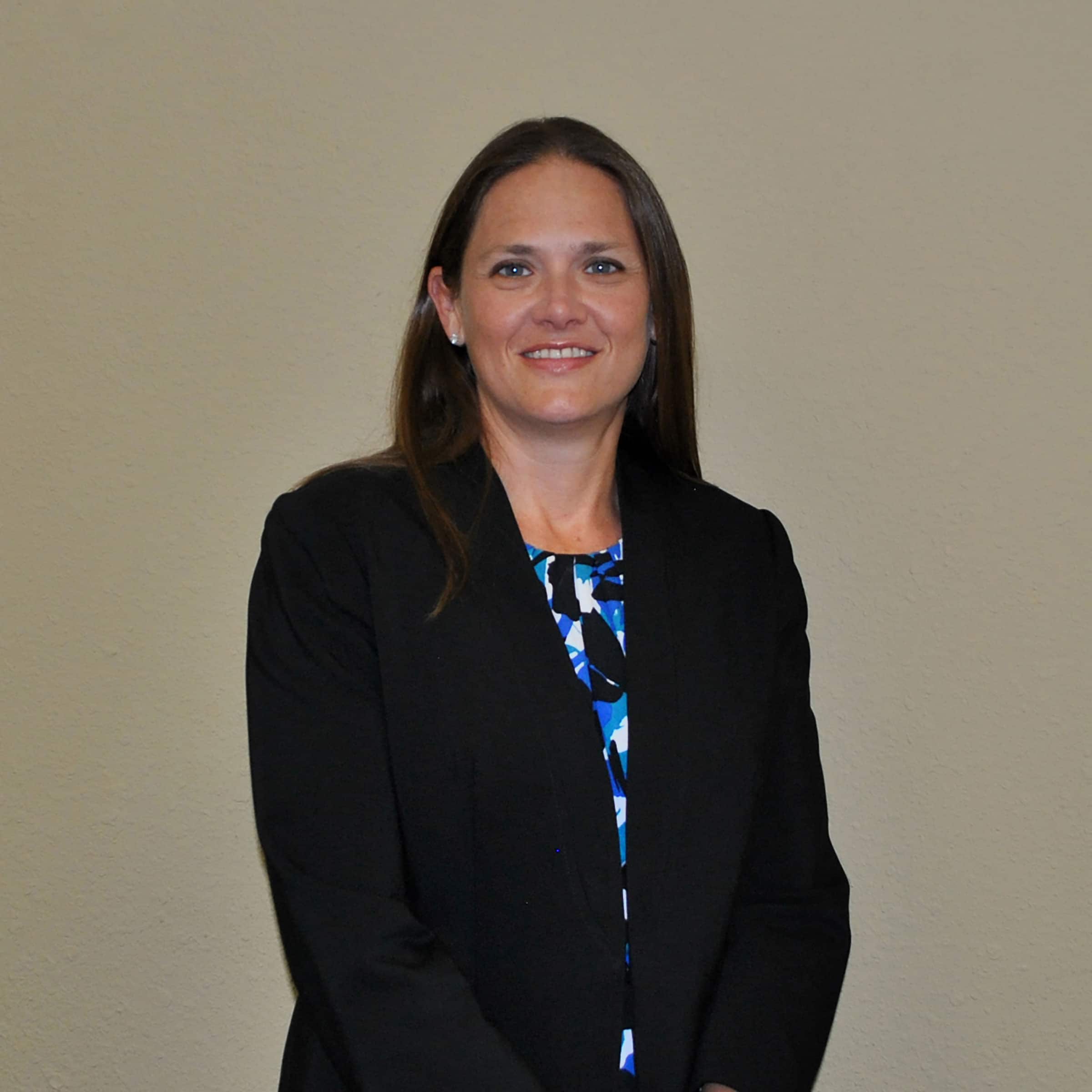
Photo courtesy of Rmax
Polyiso has long been the insulation of choice for roofing due to its high R-value and superior fire resistant properties, yet many don’t realize it’s also highly effective at meeting continuous insulation requirements for wall applications.
Continuous insulation requirements, which are increasingly prescribed by building codes, require that insulation is consistent across the entirety of a structure, lest thermal bridges—gaps in a building’s envelope caused by conductive surfaces like wall studs and cladding—allow heat to flow in and out, lowering occupant comfort and raising energy bills. Simply put, utilizing continuous insulation on a rooftop but not a structure’s walls would be like putting a plastic lid on an icebox made of wood. It would be an ineffective product.

Polyiso remains the first-rate choice for wall applications, with an R-value of 6.5 per inch and a service temperature of 250º Fahrenheit. Photo courtesy of Rmax
But with so many options available for wall insulation, like extruded polystyrene and mineral wool, why choose polyiso? For the same reason it has been utilized in 75 to 80% of roofing applications for decades, it remains the first-rate choice for wall applications. With an R-value of 6.5 per inch and a service temperature of 250º Fahrenheit, it is head and shoulders above other rigid foam insulation products.
Moreover, contrary to popular belief, polyiso is also highly moisture-resistant. Often when employed in roofing applications, polyiso utilizes less expensive paper facers that have been criticized for their poor moisture resistance. But this is only because, in these instances, roofing membranes encapsulate the polyiso, acting as their own air and water barriers. When transitioning to wall applications, foil facers are often used instead, which effectively prevent water and vapor absorption. Not only do foil facers make polyiso a flexible material, capable of acting as both insulation and an air and water barrier for roofing and wall applications, but they also reduce redundant materials like exterior gypsum and other air and water barrier membranes, cutting costs and shrinking a project’s overall environmental footprint.

Laurie Hill, vice president of technical at Rmax
Technical Vice President Laurie Hill has been at Rmax—a market leader in polyiso for roof and wall applications—for 20-plus years. She also chairs the C1289 polyiso task group at the American Society for Testing and Materials, where she’s contributed to developing standards for the material.
